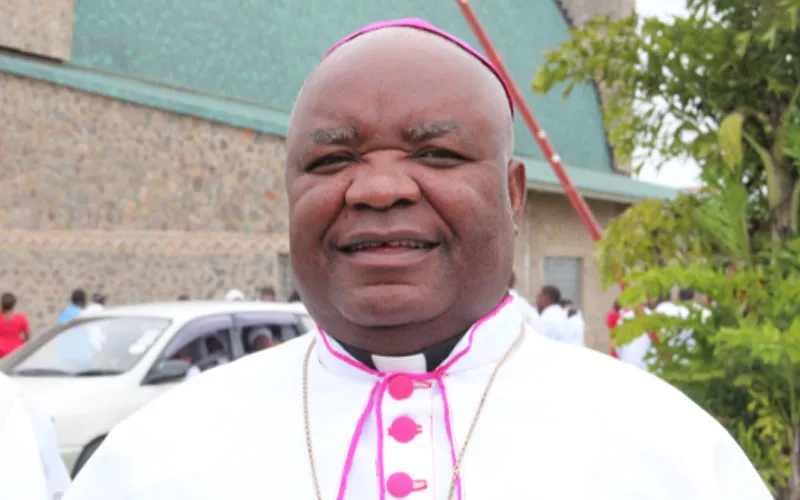Karonga, 25 August, 2022 / 8:55 pm (ACI Africa).
The Catholic Diocese of Karonga in Malawi has been forced to be creative in order to reach as many Christians as possible despite the Diocese’s vastly rough terrain and an acute shortage of Priests.
Where the elderly and sick find it difficult to climb the numerous hills and mountains that are said make up most of the Diocese, lay people are trained to provide pastoral care in the absence of a Priest, and sometimes, Church leaders engage with the people through mobile phones that are distributed to community leaders, including chiefs.
Bishop Martin Anwel Mtumbuka of Karonga told the Catholic Pontifical and charity foundation, Aid to the Church in Need (ACN) International, that the Diocese’s 24 Priests care for more than 60,000 Catholics in a territory of about 12,000 km2, bigger than Lebanon, Kosovo, or Jamaica.
Created in 2010, the Catholic Diocese of Karonga is located in the North of Malawi, with the great Lake Malawi to the East and mountains to the West.
Bishop Mtumbuka told ACN that his main concern in the vast Diocese is evangelization, noting that Church leaders had made it their business to look for the people, instead of waiting for the people to struggle to reach Parishes, which are very few.








